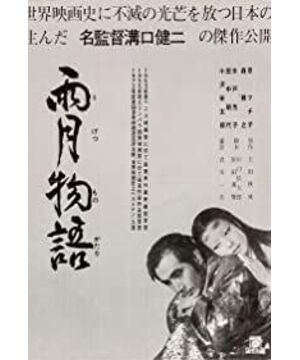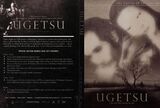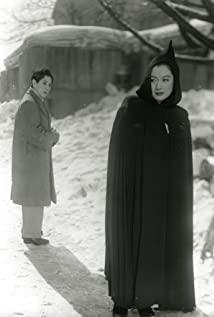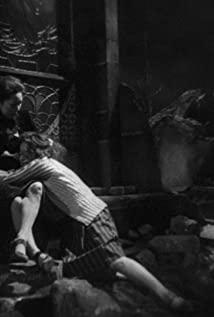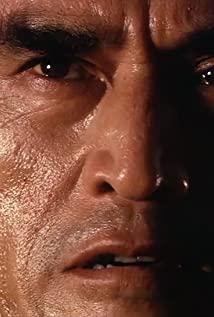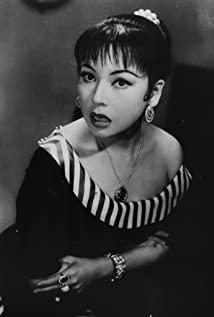The women in Kenji Mizoguchi's films are always in the process of enduring human suffering to bring out the oppression of women in the male-dominated society and the dilemma of men's forbearance and choice between desire and family. . Mizoguchi Kenji's praise and love for women in a patriarchal society are reflected in most of his works. Especially in this film, the different desires of the two men Genjuro and Fujibei, and the different personalities of the two women Miyagi and Abin make the endings of the two couples very different. Although both men eventually returned to the family, it is clear that Genjuro's pursuit of lust made his ending even more tragic.
During the Warring States Period, in a small mountain village near Lake Biwa lived Genjuro and his wife Miyagi and their children, brother-in-law Fujibei and sister Abin. They open small kilns and make a living by firing porcelain. Their families were poor and poor, and they were always in danger of being looted by guards and bandits in the war. The film spends a lot of space showing the scene of the village being looted. Genjuro's wife, Miyagi, is very virtuous. She helps Genjuro burn porcelain every day, and she has few complaints about her poor life. However, in order to improve his situation and find a reflection of his self-worth, Genjuro, a man, decided to take advantage of the war to sell porcelain in the town to make money. Fujibei wanted to become a samurai and gain status and status, but was ridiculed by his wife Abin. It is precisely because of Fujibei's position at home and the relative weakness of the right to speak that he has an uncontrolled desire for power and status. Afterwards, Genjuro, Fujibei and Abin came to the town, while Miyagi stayed at home to take care of the children. In the town, they sold a lot of china and made a lot of money. But the pursuit of desire turns the two men and their families upside down. Genjuro met Wakasa, a noble lady who saw his porcelain at the market. The two then became lovers, and Genjuro lived in Wakasa's house, and the two were very happy all day long. At the same time, their village was ransacked again. Her wife, Gong Mu, fled the village with her children and food donated by kind people, but she was unfortunately still robbed of food on the way. Gong Mu carried the child in pain. Shouting... In the end, Gongmu died, and the child was lucky to survive. Genjuro learned that his lover, Wakasa, was a ghost through a master he met on the road. It turned out that Wakasa died and returned to the world to find love because he longed for love, and fell in love with Genjuro. After knowing the truth, Genjurou asked the master to write the character of exorcism on himself, and finally Wakasa and her house disappeared into the world. After returning home, Genjuro learned of the news of his wife's death, and while repenting and sad, he began his duty as a farmer and a housekeeper. On the other side, Fujibei secretly took all the money he earned and bought a samurai armor from his wife Abin at the market. Abin, who was looking for Fujibei, was raped by many people and turned into a prostitute. Afterwards, Fujibei successfully attacked a general, and after taking down the head, he successfully became a samurai, respected and loved by others. When he went to a brothel to have fun, he met his wife Abin, and Fujibei suddenly felt remorse, took off his armor, felt that it was wrong for him to pursue his desires and ignored his wife, and finally returned home with his wife and started an honest life. (It's really too bloody here...)
The long shot of Genjuro returning home from the front door without seeing his wife for the first time, then walking out of the back door and turning around again, and seeing his wife (already a ghost) making a fire in the house after coming in again through the front door is very classic. Mizoguchi Kenji's long-shot aesthetics, depth of field, and scheduling are extremely beautiful. Lots of action shots in stark contrast to contemporary Ozu. The scene in which Miyagi, who is already a ghost at the end, is accompanied by her sleeping husband at home until dawn and disappears is sad and warm.
View more about Ugetsu reviews


